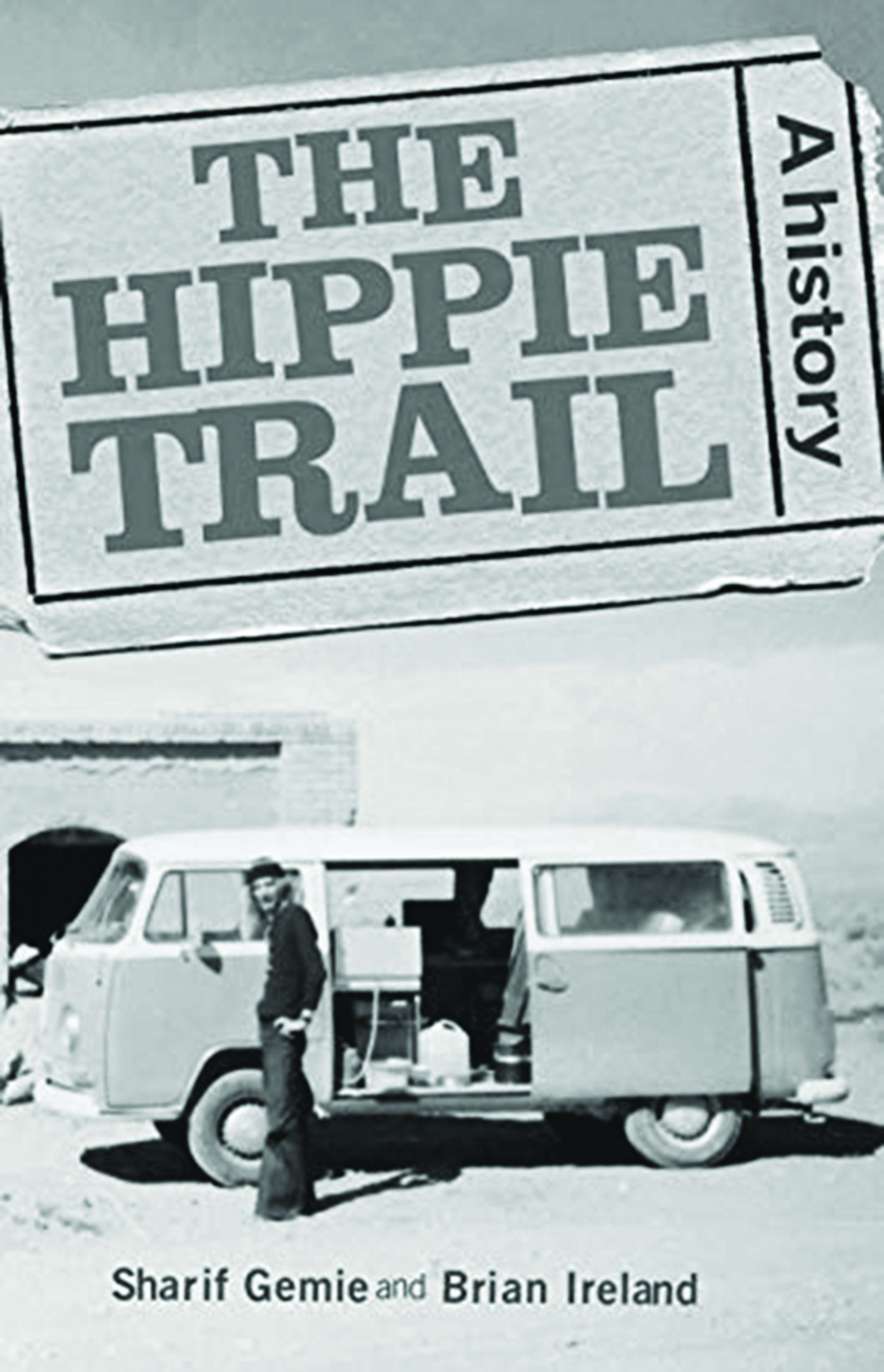The Hippie Trail: A History by Gemie and Ireland charts the experiences of travellers as well as the socio-cultural contexts of destinations that became a part of the hippie trail between the 1950s and 1970s, through themes that throw light on the socio-cultural as well as ‘inner’ experiences of the travellers. The authors have rejected a micro reporting of the hippie trail, rather exploring narratives that developed over time, in order to understand the larger patterns which emerged in the experiences of the hippie-trailers. They have also refrained from examining the hippie-trail by categorizing the destinations geographically, as they assert that experiences could be similar regardless of geographical locations.
In fact, an important line of argument that the book offers is a cluster of meaning(s) within the term ‘hippie’. There is an interesting examination of how the term originated, gained popularity, what kind of people it defined, and most importantly, whether it was a representative term for all the travellers in the hippie-trail. Another interesting way in which the book formulates the definition of a ‘hippie’ is through identical conceptual categories that highlight what a hippie was not, rather than what he/she was.

